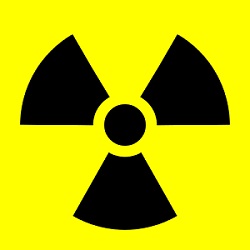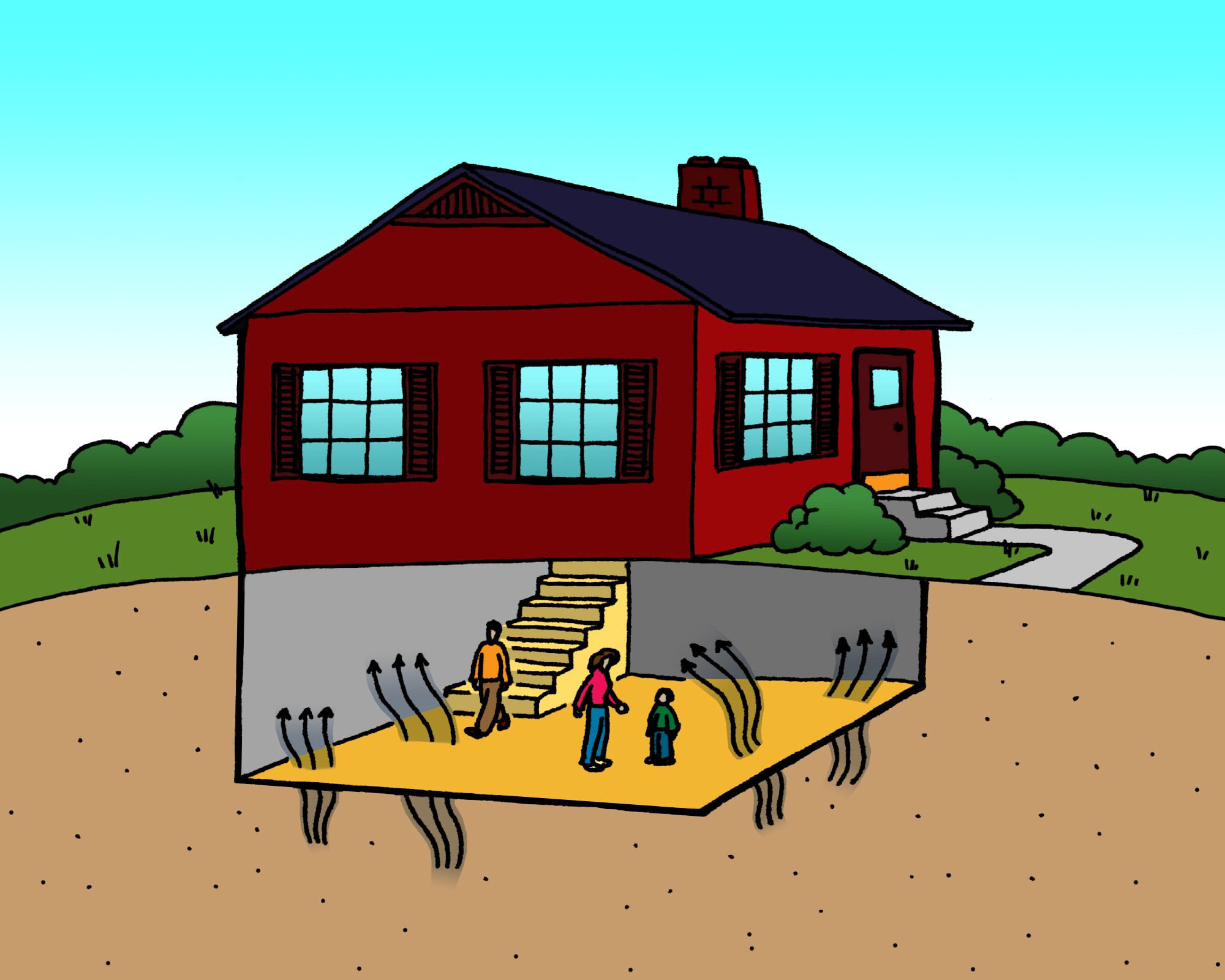Radon as an Environmental Carcinogen in Iowa
Carcinogens are defined as any substance that is directly related to causing cancer. There are a number of different types of carcinogens that work on the body in various ways to cause cancer. Many of these substances are radioactive, but a carcinogen does not have to be radioactive to cause cancer. Most people think of carcinogens as man-made materials and chemicals, but certain carcinogens exist naturally. In order to best protect yourself from the risk of developing cancer, it is important to be aware of the most common carcinogens in your area, and to take the necessary steps to avoid them. If you live in Iowa, one of the carcinogens that you need to be concerned about is radon.
Radon is a radioactive gas, a carcinogen, that occurs naturally as part of the decaying process of uranium. Most often, radon is produced by decaying uranium in the soil, where it seeps up into the air and enters your home. If you breathe too much of this gas over time, it can increase your chances of developing lung cancer.
 The properties of radon make it very difficult to detect:
The properties of radon make it very difficult to detect:
- Colorless
- Odorless
- Tasteless
- Very Dense
- Chemically Unreactive
These characteristics make radon undetectable by the human senses. The best way to check for a radon problem in your home is to invest in radon testing and mitigation services from a professional mitigation company. The team at Ameriserv Radon Mitigation of Iowa can help you ensure that the radon levels in your home are not at an unsafe level.
Testing for Radon in Your Iowa Home
It is important to the health of you and your family that you test your home for radon and invest in mitigation services to reduce the radon levels if they are too high. In the United States, radon is the second leading cause of lung cancer behind only tobacco. In the state of Iowa alone, lung cancer caused by radon exposure kills over 400 people every year: five out of every seven homes in the state have elevated radon levels. So how do you protect yourself from this invisible, undetectable carcinogen?

The best way to ensure you and your family are not exposed to radon is to have your home tested for radon. Radon Testing in Iowa can determine the level of radon in your home and help you decide whether or not you need to investigate mitigation methods to get rid of the gas. Here at Ameriserv, we offer a couple of different testing options – short-term tests, long-term tests, and even DIY radon-testing kits. If your home has a radon level of higher than 4.0 pCi/L, it is time to get professional help.
Contact the radon mitigation and testing team at Ameriserv Radon Mitigation as soon as possible. We are committed to keeping Iowans safe from this harmful environmental carcinogen.

